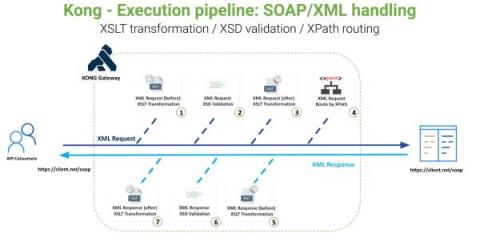What is End-to-End Testing and How Does It Fit into a Comprehensive Testing Approach?
End-to-end (E2E) testing is an important part of the software development process, serving as a comprehensive way to verify that applications and systems work properly in real-life scenarios. It provides a level of assurance that your application will correctly exhibit behavior from start to finish.











